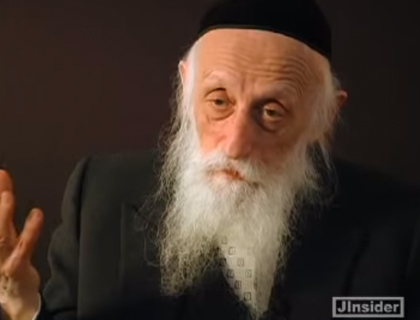Day 20
Getting to Know My Uncle Lou: Making Prayer Invigorating
Dedicated in loving memory of David Clayton, David ben Avraham Moshe zt"l, who was committed to ensuring that children received a Jewish education.
CLICK HERE TO BUY THE BOOK

Rabbi Micah Greenland
Rabbi Micah Greenland is the International Director of NCSY, the youth movement of the Orthodox Union, and is a sought-after speaker on a variety of Jewish topics.
Click here for today’s first parallel essay by Rabbi Steven Weil.
Click here for today’s second parallel essay by Rabbi Pinchas Winston.





